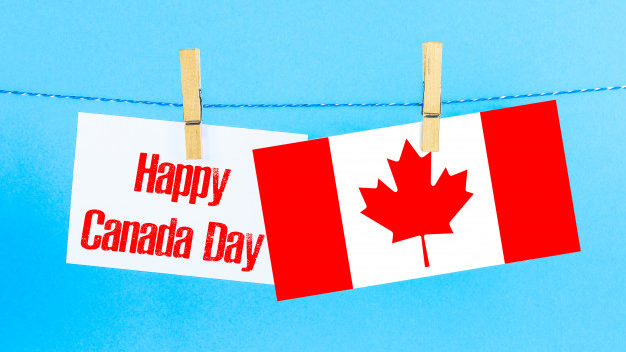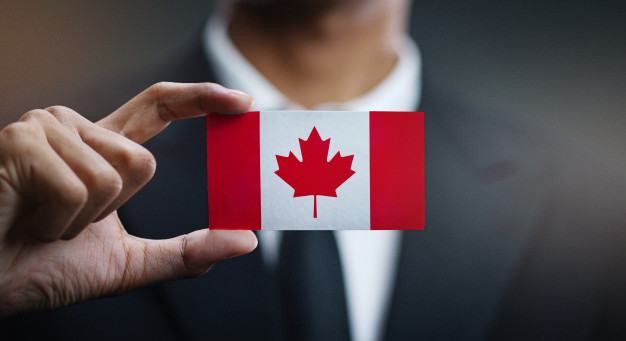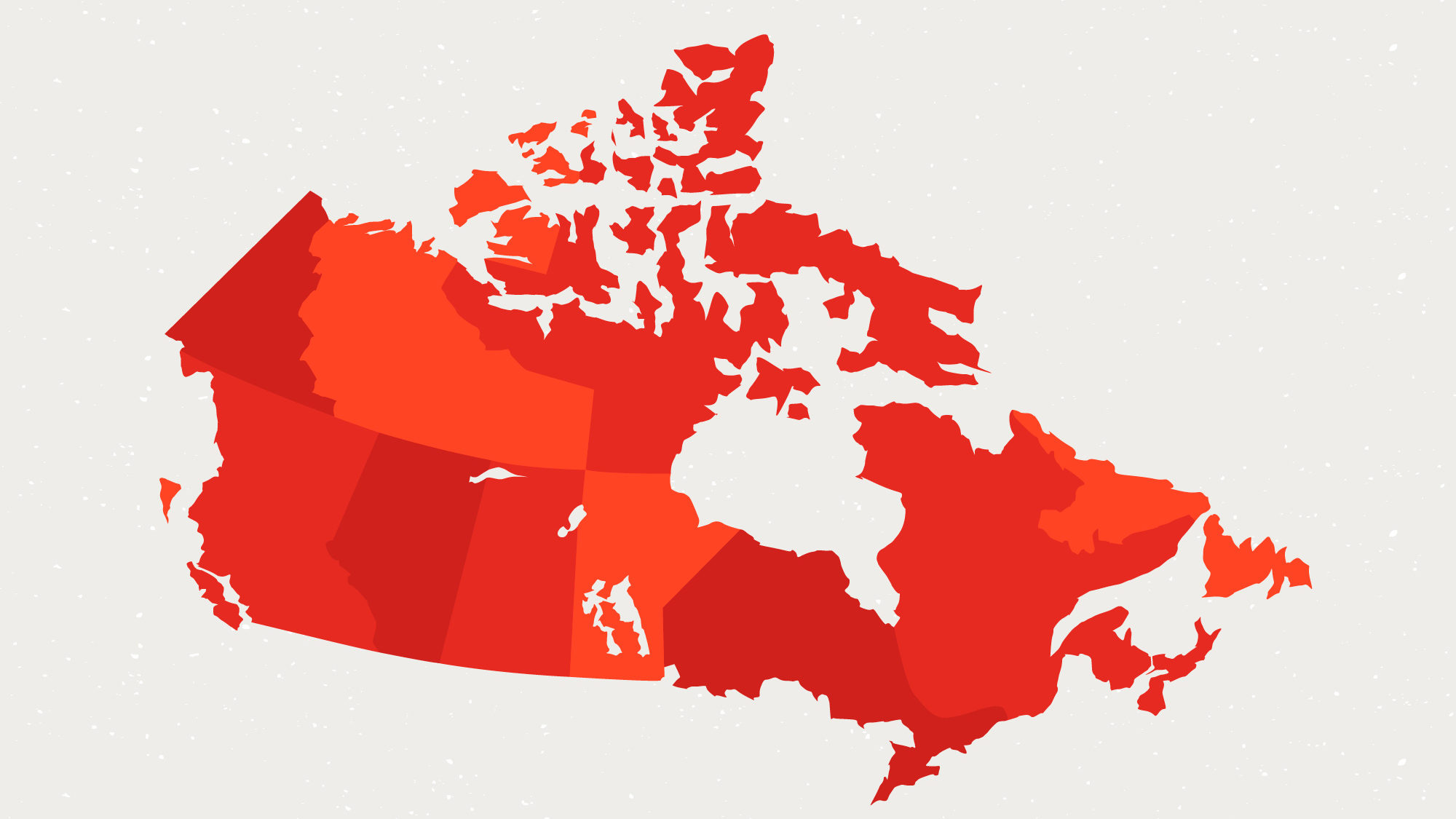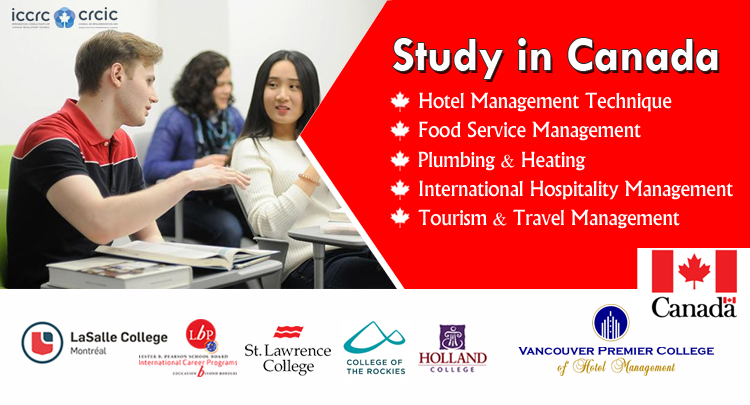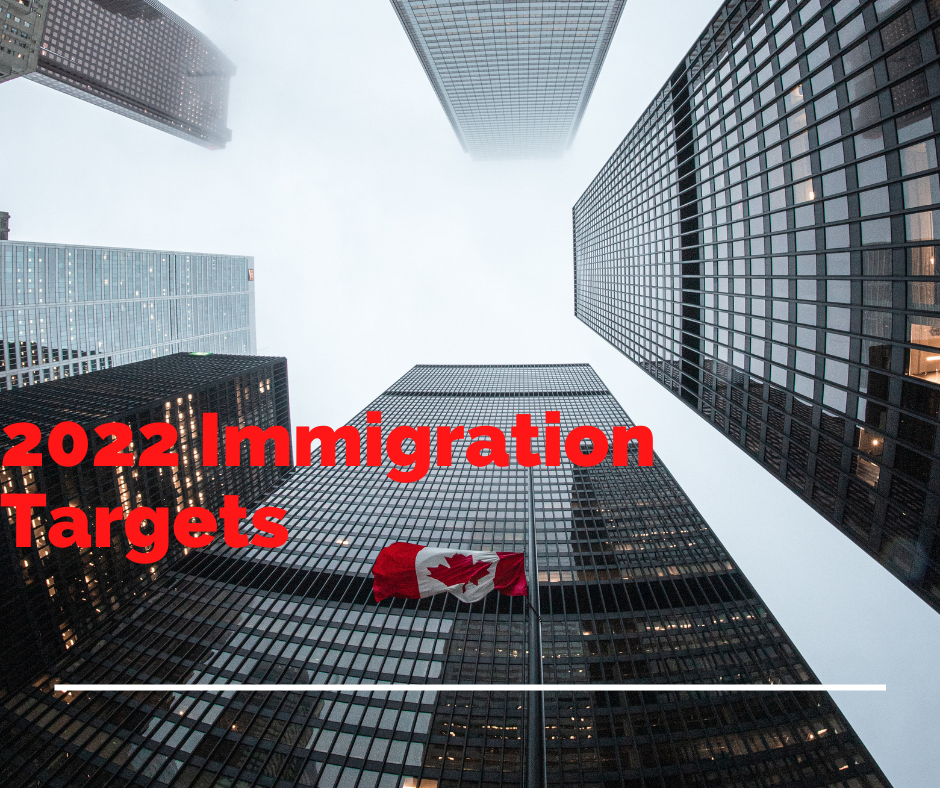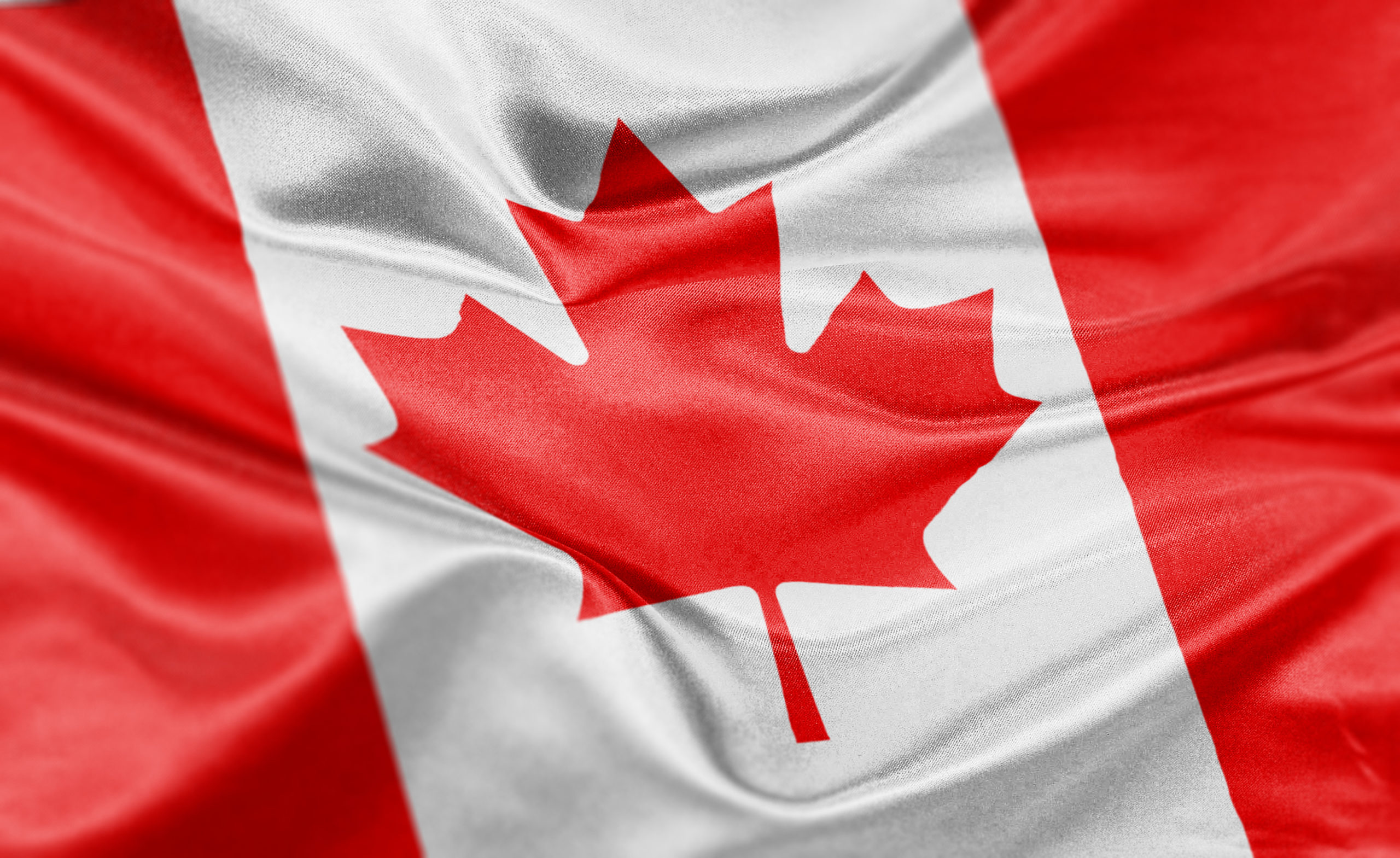
Breaking Down B.C.’s PNP: How You Can Get to Canada’s West Coast
British Columbia, Canada’s third largest province for geographical territory and population, sits on the Pacific coast. British Columbia has much to offer. It is home to many small towns with local charm and breathtaking scenery, as well as the famous bustling city of Vancouver.
The province recognizes the benefits of a successful and thriving immigrant population, which is why it has it’s provincial nominee program designed to facilitate the process of achieving permanent residency status.
The B.C. PNP system has two main streams for applicants: Express Entry/Skills Immigration, and Entrepreneur Immigration. Express Entry/Skills Immigration paves the way for foreign workers who are international graduates of Canadian schools, or moderately to highly skilled in high demand industries in the province, granting them an easier route towards gaining permanent residence in the province.
This stream also has five categories under which its applicants are filed. These are Skilled Worker, Healthcare Professional, International Graduate, International Post-Graduate, and Entry Level and Semi-Skilled Worker. The majority of these are a part of the federal Express Entry system, while the last one is not. Those that are on the federal level can be nominated by the province to receive permanent residency, and gain an extra 600 points on the federal Comprehensive Ranking System, making their chances of receiving an invitation far more likely.
Last year, British Columbia nominated 6,500 candidates for permanent residence, most of which came from the Express Entry categories.
Skills Immigration and Express Entry pools both require that candidates are employed in a permanent, full-time position by a B.C. employer to be considered for permanent residence, with the exception of International Post-Graduates.
2016 saw the implementation of the Skills Immigration Registration System (SIRS) which operates on a points-based system to assess the prime candidates for permanent residency according to their education, work history, language proficiency, and type of job offer they have earned. The candidates with the best scores are then invited to apply for permanent residence in the province.
The province performs regular draws from the candidate pool. The candidates selected in these draws are then issued an invitation to apply for permanent residence.
Everyone who hopes to apply for permanent residence, save those in the Healthcare Professional and International Post-Graduate pools are required to register for a SIRS profile in order to be eligible.
In 2017, British Columbia created a new system called Tech Pilot. Tech Pilot is intended for Skills Immigration and Express Entry candidates with job offers in any of 29 tech careers determined by the province.
This program has been extended until 2020, and addresses the province’s need for more employees in the technology sector.
The Tech Pilot has unique requirements designed to deal with B.C.’s need for tech workers, and allows candidates to apply with a temporary job offer of one year, with 120 days remaining ahead of the application.
The Tech Pilot program holds exclusive weekly draws, and has much flexibility and priority application processing in order to accommodate the employers needs.
The Entrepreneur streams have different rules than Express Entry. This stream has three categories: the Entrepreneur Immigration-Base category, Regional Pilot category, and Strategic Pilots category.
The Regional Pilot category was introduced last year as a two-year program, in order to assist rural communities that are struggling economically. It allows communities to refer entrepreneurs who they feel will benefit their community’s economy to the B.C. PNP. Candidates who are nominated are encouraged to apply for a two-year work permit. If these entrepreneurs are successful, they can later apply for Canadian permanent residence through the PNP system.



